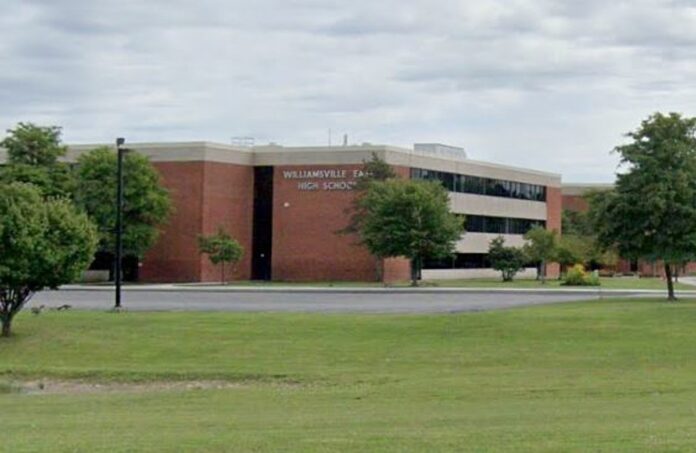By Angelina Tang, Pen Fang
East has changed a lot since last year–that much is certain. Last year saw the retirement of many familiar faces, and East–and the district in general–has honestly struggled to replace them, resulting in a shift in many of our staff’s responsibilities and expectations. How this is going to affect students will become more apparent only with time, but out of all of the changes to the school this year, this is objectively the one most worth conversing about.
First and foremost, some teachers are teaching subjects they have never taught before. Mr. Harrison is teaching Anatomy, for instance, and Mrs. Korn is teaching Forensics. This is an unavoidable situation when there are simply not enough teachers to fill in the positions that the retirees left. Reshuffling teacher-class assignments is the most efficient way to even out workloads, but even then, the teachers in charge of a subject they’ve never taught before? Even if it’s related to the subjects they specialize in, it’s still an entirely new curriculum, and that extra mental and literal workload results in both the teacher and the students suffering from trial and error.
This goes hand-in-hand with the idea of 6th assignments. In addition to the five classes teachers are teaching, they have a “sixth assignment” that places them in positions of watching students outside of classes traditionally belonging to teacher aides in light of the District’s shortage of monitors and aides. These include commons, suspension/makeup test room, and bathroom duty. Though these are contractual and commonplace in other schools in the district, it is new to East. East has had a generally unique culture of teacher clinics, which has fostered a culture of strong bonds between students and teachers, and the ability for students to work with teachers outside of class. This sixth assignment has created a departure from this culture, specifically that teachers now have less free periods and less opportunities to help students. Aside from losing a free period to the sixth assignment itself, teachers may be losing other clinic opportunities as they compensate for extra work, lunch, clubs, and the sort.
What this creates is less opportunities for students to approach their teachers for help. The math office has been gutted due to commons duty, for example, and many teachers are now arranging before or after-school meetings with students. Not all students can work that into their schedule, disadvantaging those who may need help. At its heart, it’s one more thing that is making East more “un-East,” going hand in hand with the other changes to the school that have modernized and “sterilized” its atmosphere. East was once highly prestigious, after all; this, alongside other shifts in faculty and culture, reflects a gradual change in the school that will become more apparent as time goes on. Of course, East is still prestigious; our academics are still arguably the best of the district and our culture still fosters acceptance. The name is still there. But as the building changes and we lose more and more iconic faces who enforced in our alumni an incomparable level of excellence, there begs the question—does East’s identity as “East” come from the school itself, the student body, or the teachers? And how will that be affected by these—and most certainly upcoming—shifts?
We at the East Side News will continue writing about this subject and keep the conversation alive. But, for now, a message to take away: be kind to your teachers. They are working hard for you. Thank you.

